Women Standing Strong Against GBV: A Push for Equal Rights
Yolanda Dyantyi is an African Feminist Activist, Digital Campaigner and Public Speaker and the Founding Director of Archive Amabali Wethu - a digital advocacy and civic technology public benefit organisation that uses multimedia communications techniques to advocate for and influence the realisation of justice for women and broader marginalized communities. Yolanda is currently 28 years old studying towards a BA in Communication Science through UniSA.
We are witnessing a global resurgence of fascism and anti-women’s rights advocacy, driven by conservative politics rooted in patriarchy and hyper neo-capitalism. This political trend, visible in Western countries such as the United States, Canada, and the UK, is also manifesting within South Africa’s own political landscape.

Source: Getty Images
National Development Plan of 2030
It’s been just over a year since South Africa’s national elections, and the former ruling party — the African National Congress — suffered a historic blow, losing its position as the outright majority. This shift is largely due to the rise in poverty, poor service delivery, and state-led corruption, which have deeply eroded the government’s ability to realise the objectives set out in the National Development Plan of 2030 further angering citizens who are languishing in economic precarity.
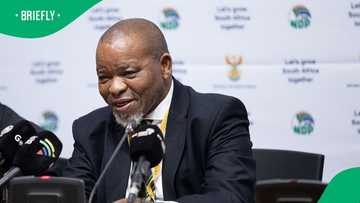
Read also
Gwede Mantashe calls for prioritisation of South Africans in 3 sectors in a resurfaced clip
Many vulnerable citizens have been severely affected by austerity measures over the past decade, seen through budget cuts and the implementation of National Treasury’s socio-economic policies. Research has shown these measures disproportionately impact Black South African women who make up the majority of household heads and who are concentrated in the working-class sector of the economy.
PAY ATTENTION: Briefly News is now on YouTube! Check out our interviews on Briefly TV Life now!
Q1 2025 government statistics
Recent Q1 2025 government statistics reveal that the unemployment rate among Black women is 39.8%, significantly higher than the national average for unemployed women at 35.5%. Gender-based violence is not only physical or sexual; it is economic and structural, embedded in how national budgets are cut, public services withdrawn, and care responsibilities disproportionately fall on women. Black South African women, by virtue of our social conditions shaped by the enduring legacy of apartheid and the failures of post-1994 socio-economic reconciliation - remain disproportionately affected in the struggle for equality and economic freedom.
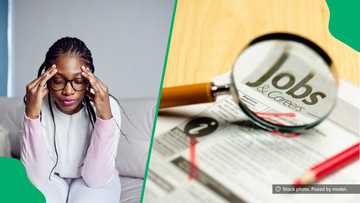
Read also
South Africa’s unemployment rate in Q2 2025 reached a worrying high and drew attention from across the country
Yet activists and leaders like Nomzamo Zondo, executive director of the Socio-Economic Rights Institute of South Africa (SERI), continue to wage the fight for the realisation of equality as enshrined in our Constitution. Zondo is a steadfast socio-economic rights attorney and advocate who channels her power and passion for justice into advancing the rights of the country’s most vulnerable.
Nomzamo Zondo
From representing the widows and bereaved families of the Marikana Massacre, to amplifying the call for justice around illegal evictions and land rights, to standing with women student activists during the #RUReferenceList anti-rape culture protests in 2016, Nomzamo Zondo has been a tireless force for justice. She is among the prominent voices in civil society who relentlessly affirm the rights of poor and vulnerable South Africans, especially in the ongoing struggle for gender equality and economic rights.
In an era where fighting for equity and justice are becoming increasingly unpopular and often met with hostility, women leaders like Nomzamo Zondo must be protected. Their work in defending the rights of poor communities, which directly affects the lives of poor and working-class women, is essential to any meaningful vision of social progress.
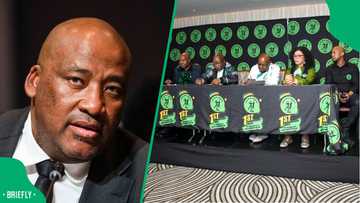
Read also
MK Party condemns Gayton McKenzie's racist remarks, calls for an investigation into his alleged criminal ties
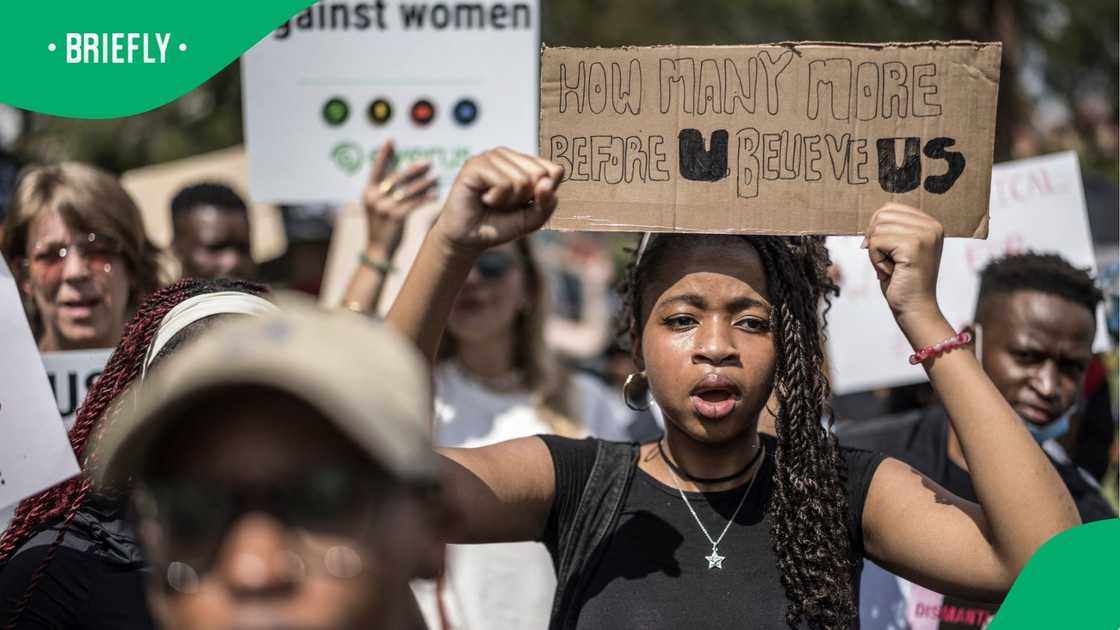
Source: Getty Images
Intersectional feminist approach
South African politics must truly begin to adopt an intersectional feminist approach if we are serious about development and national transformation. There can be no true freedom in this country if Black women continue to live in conditions of structural inequality and socio-economic vulnerability.
In the face of death threats and violent intimidation such as those recently directed at SERI by anti-immigrant groups like Operation Dudula, we must urgently archive, amplify, and support the work women are doing to build an equitable and just society. Our contributions are not only valuable; they are vital to the future of South Africa.
3 More stories about GBV
- Briefly News also reported that community members in Gauteng chased after a white Volkswagen that kidnapped a girl in broad daylight.
- A young South African woman from Pretoria went viral for sharing her 2017 kidnapping story on TikTok.
- South Africans were appalled to learn new information about the viral Bergview College assault case.

Read also
Shell’s deep-sea gamble: Civil society slams approval of ultra-risky oil drilling project off SA coast
Disclaimer: The views and opinions expressed here are those of the author and do not necessarily reflect the official policy or position of Briefly News.
PAY ATTENTION: Follow Briefly News on Twitter and never miss the hottest topics! Find us at @brieflyza!
Source: Briefly News

Justin Williams (Editorial Assistant) Justin Williams is a multimedia journalist who recently completed his Bachelor of Arts (BA) degree in Film & Multimedia Production and English Literary Studies from the University of Cape Town. He is a former writer and chief editor at Right for Education Africa: South African chapter. You can contact Justin at justin.williams@briefly.co.za
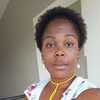
Yolanda Dyantyi (Social Justice Digital Campaigner and Executive Director at Archive Amabali Wethu) Yolanda Dyantyi is an African Feminist Activist, Digital Campaigner and Public Speaker and the Founding Director of Archive Amabali Wethu - a digital advocacy and civic technology public benefit organisation that uses multimedia communications techniques to advocate for and influence the realisation of justice for women and broader marginalized communities. Yolanda is currently 26 years old studying towards a BA in Communication Science through UniSA.
